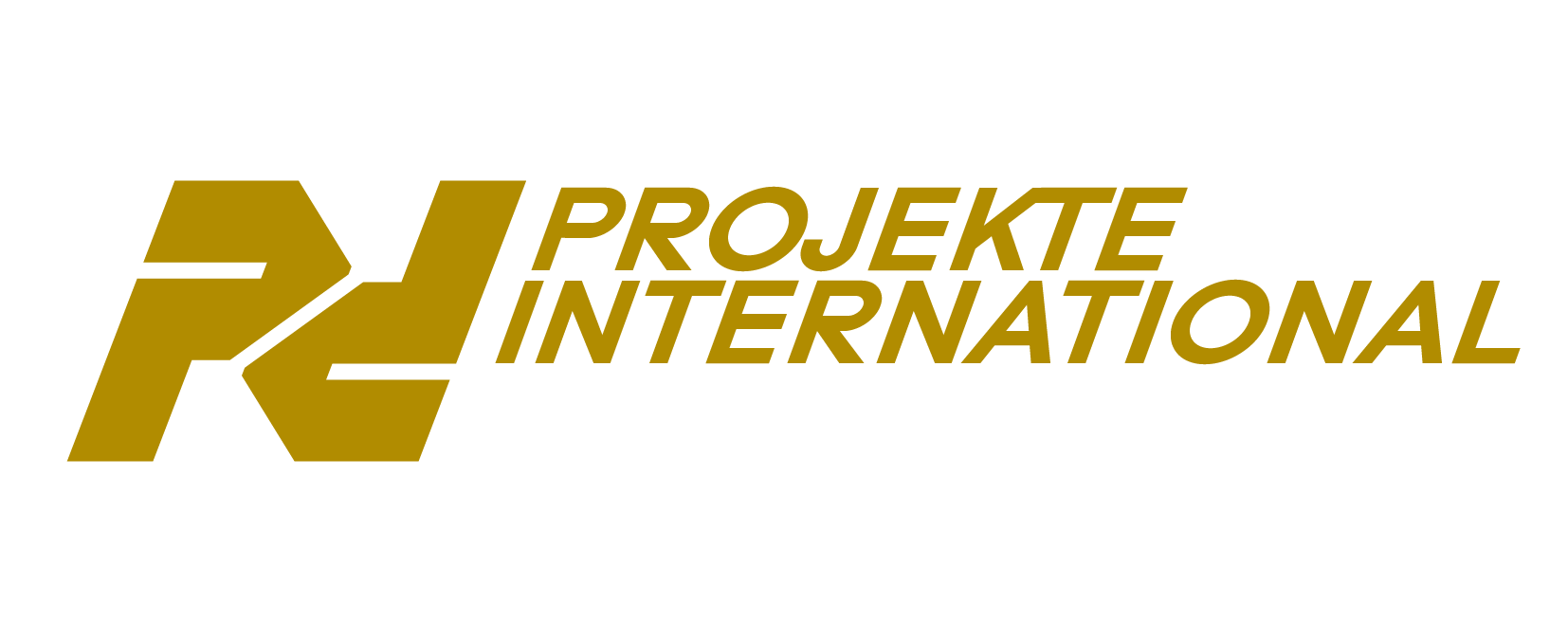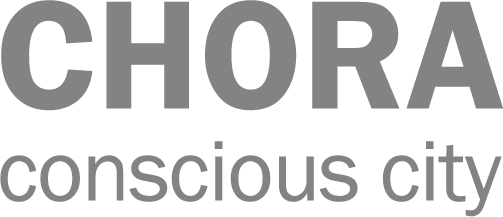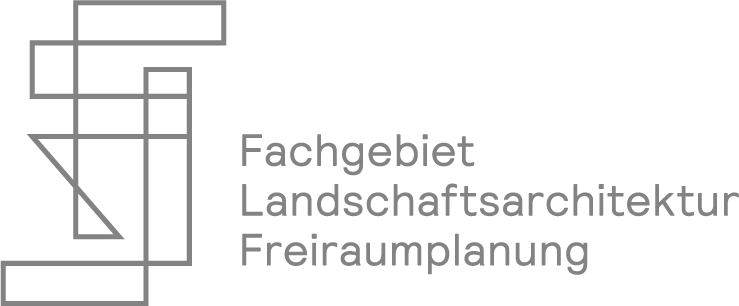DAGNOSE! Interview with
#11 – Anne Gläser
By: Alejandro Orduz & Zoe Hochstein-Morran
DIAGNOSE! Interview Series
Published on April 2, 2021
Anne Gläser // Volksentscheid Berlin Autofrei
The car is not a given! Cars entered the mobility scene in the early 1900s and since the post war period they completely dominate the Berlin’s inner city landscape. This has grown into a pressing issue as cars occupy vast amounts of space and are heavy carbon contributors to the atmosphere. Is this what a city should be? How should the city of tomorrow address these consequences of private motorized mobility?
In cities all over the world, people are demanding sustainable mobility options in light of the climate crisis and a more equal distribution of urban space. It’s time to move away from individual automobility and focus on other existing as well as new mobility infrastructures.
While we can already feel a transformation here in Berlin, changes are happening too slow. As a result, civil society organizations are advocating for law and policy changes to accelerate the mobility transformation. One such organization is Volksentscheid Berlin Autofrei. The initiative advocates for a safe, liveable, climate- and environmentally-friendly use of public roads in Berlin. To achieve this goal they are working towards a referendum to implement a law for a use of roads for the common good.
In this interview, we met with Anne Gläser, a main representative of the initiative, to discuss the current mobility landscape of Berlin and the different aspects of why the current condition is not a viable model for future living. We then speculated into possible visions of Berlin’s future. Volksentscheid Berlin Autofrei is just one part of this transformation, and Anne explains the further infrastructural changes and actors that need to come together to make the vision of a car-free Berlin city center a reality.
Length: 57:15 min
Introduction
[00:01:23] Initiative Volksentscheid Berlin Autofrei
[00:01:58] Why Autofrei (‘car-free’)?
[00:05:38] What is Berlin’s current mobility landscape?
[00:08:55] How does the Volksentescheid Berlin Autofrei fit into the picture?
[00:10:42] What is the current stage of the initiative?
Future Visions
[00:12:27] What are the values Volksentscheid Berlin Autofrei wants to carry into the future?
[00:16:42] How does the initiative imagine the car-free city? How can space evolve?
[00:20:30] What does the edge of a car free zone look like? How does the transition take place?
[00:23:57] How would citizens from the greater metropolitan area approach the inner city?
[00:26:18] What are other initiatives that inspire the change towards a car-free city?
[00:29:16] Is this scale of the intervention proposed realistic?
[00:32:15] How would a car-free inner city impact the growth of the city?
How to get there
[00:33:40] What are the steps for Berlin to become car-free?
[00:38:38] Who are the key actors in the city’s mobility transition?
[00:40:35] Who needs to be convinced of the advantages of a car-free city and how?
[00:44:12] Is this desire for mobility changes a reflection of a generational shift?
[00:46:20] How can one convince people to give up their ‘individual rights’ of car ownership and car usership?
[00:49:38] What kind pf economic transformations are necessary to trigger change?
[00:52:28] How does electric mobility fit into the mobility equation?
[00:54:39] What is the role of Volksentescheid Berlin Autofrei in Berlin’s mobility transformation?
BB2040
[EN] Berlin Brandenburg 2040 was initiated by the Habitat Unit in cooperation with Projekte International and provides an open stage and platform for multiple contributions of departments and students of the Technical University Berlin and beyond. The project is funded by the Robert Bosch Foundation.
[DE] Berlin Brandenburg 2040 wurde initiiert von der Habitat Unit in Kooperation mit Projekte International und bietet eine offene Plattform für Beiträge von Fachgebieten und Studierenden der Technischen Universität Berlin und darüberhinaus. Das Projekt wird von der Robert Bosch Stiftung gefördert.








